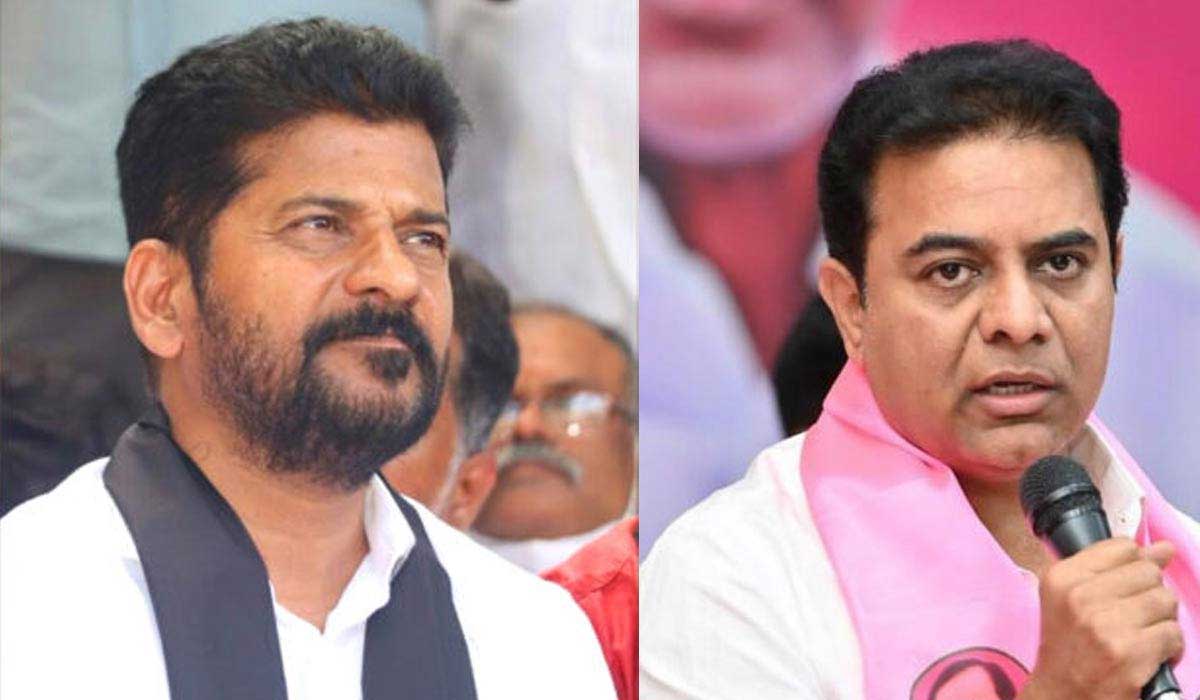Telangana Chief Minister Highlights 4% Muslim Reservation Already in Progress

Telangana Chief Minister Highlights 4% Muslim Reservation Already in Progress emphasized that the state has successfully implemented a four percent reservation for Muslims, reinforcing its commitment to social justice. Addressing reporters in Maharashtra’s Solapur, CM Revanth outlined the background, progress, and challenges faced in implementing this reservation policy, sparking a political debate in the state.
Meanwhile, BRS Working President KT Rama Rao (KTR) criticized the Congress-led government, claiming that they are “clueless” about the reservation system and other pressing issues, thereby intensifying the political discourse in Telangana.
Telangana Chief Minister Highlights 4% Muslim Reservation Already in Progress: Background and Implementation
Initial Efforts: A Five Percent Attempt
The Telangana government initially sought to introduce five percent reservation for Muslims. However, this move faced legal hurdles.
- The Supreme Court of India mandates that total reservations should not exceed 50%, making the five percent proposal untenable.
- To adhere to this guideline, the government recalibrated its approach and introduced a four percent reservation, which has since been implemented successfully.
Telangana Chief Minister Highlights 4% Muslim Reservation Already in Progress in Practice
CM Revanth highlighted the impact of this reservation policy during recent teacher recruitments in Telangana:
- Out of 11,000 candidates recruited, 720 positions were filled by Muslim candidates under the four percent quota.
- This initiative reflects the Congress government’s focus on uplifting underprivileged and marginalized communities.
“For those who are poor and those in need, it’s Congress’ responsibility to do justice to them,” CM Revanth stated.
KTR Criticizes Congress: A Political Debate Ensues
KTR’s Comments on Cluelessness
KTR, the Working President of the Bharat Rashtra Samithi (BRS), lashed out at the Congress government, questioning their understanding and execution of reservation policies.
- “Revanth Reddy is clueless when it comes to it (reservation),” KTR remarked in a pointed critique.
- He also criticized the ongoing caste census in Telangana, labeling it a “cruel joke” on the state’s people, particularly the backward classes.
Challenges of Crossing the 50% Cap
KTR further explained the legal and constitutional complexities involved:
- Implementing any reservation exceeding the 50% cap requires a constitutional amendment, a hurdle that the Congress government, according to KTR, is not equipped to tackle.
Assessing Congress’ Governance
KTR didn’t stop at reservations. He went on to criticize the Congress administration’s overall performance:
- “If you ask me, they have been a disaster,” KTR said, accusing the Congress-led government of failing to deliver on their promises.
- He urged citizens to evaluate whether the Congress had fulfilled its guarantees, suggesting widespread dissatisfaction among the public.
Telangana Chief Minister Highlights 4% Muslim Reservation Already in Progress Debate: Legal and Social Implications
The four percent reservation for Muslims has brought to light important legal and societal discussions:
- Legal Framework: The Supreme Court’s 50% cap on reservations continues to be a significant roadblock for governments aiming to increase affirmative action for marginalized groups.
- Social Justice: Policies like these are crucial for empowering underrepresented communities, but they often become the center of political disputes.
Impact on Recruitment and Education
The reservation policy has notably influenced recruitment and educational opportunities in Telangana. With 720 Muslim candidates benefiting in recent teacher recruitments, the policy showcases tangible progress in improving representation in government jobs.
Future of Reservations in Telangana
While the Congress government highlights its achievements, the BRS opposition raises doubts about its effectiveness and vision.
- Caste Census: The ongoing caste census remains a contentious issue, with critics questioning its methodology and intent.
- Policy Expansion: To expand reservations beyond 50%, a constitutional amendment is necessary, demanding collaborative efforts from both state and central governments.
Key Takeaways from the Debate
- Congress Achievements:
- Implemented four percent reservation for Muslims successfully.
- Created opportunities for marginalized groups in recruitment and education.
- BRS Criticism:
- Accuses Congress of being ill-prepared and ineffective.
- Questions the practicality of the ongoing caste census.
- Legal Challenges:
- Supreme Court’s 50% reservation cap poses limitations.
- Need for constitutional amendments to expand affirmative actions.
This detailed discussion captures the ongoing debate around Telangana’s reservation policy, highlighting its implications and political ramifications. The discourse reflects broader issues of social justice, governance, and constitutional challenges, making it a pivotal topic in Telangana’s political landscape.
